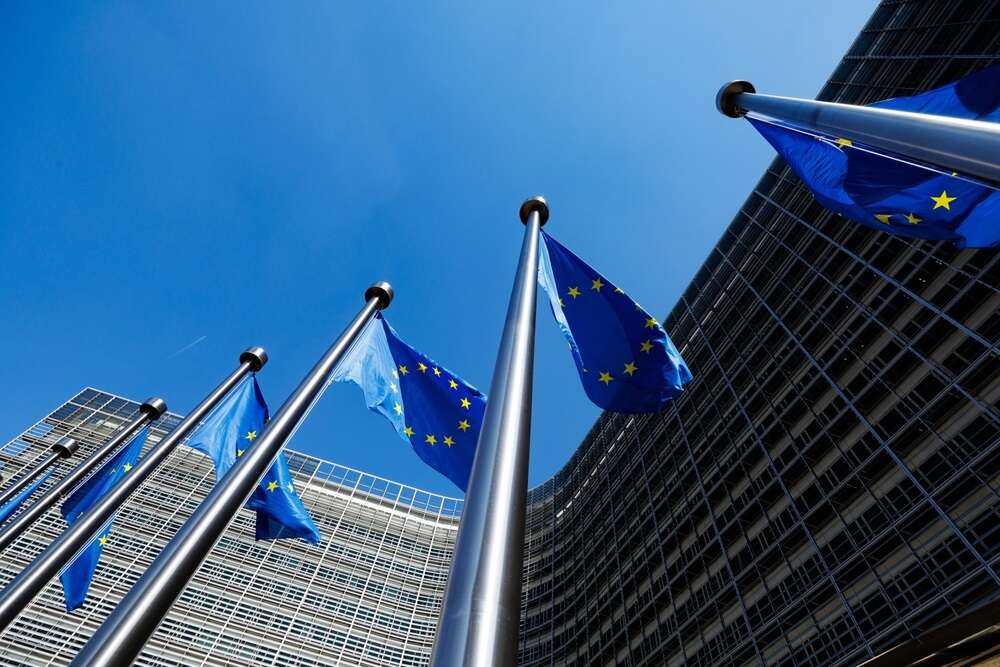
The latest draft of the EU AI Act has been unanimously approved by a meeting of European Union ambassadors. In a meeting earlier today, representatives from all 27 member states agreed to endorse the legislation’s technical wording and formally recommend it for consideration by the European Parliament. That body’s Internal Market and Civil Liberties committee is expected to approve the EU AI Act in February before the legislative body finally convenes in a plenary session to vote on the new law by April.
“Today’s vote on the EU AI Act signifies a new phase, as Europe now has the opportunity to take the lead on AI regulation,” said Kirsten Rulf, an associate director at Boston Consulting Group and the German Federal Chancellery’s former negotiator for the legislation. “This vote is also a welcome sign of certainty and a great step forward, as businesses can now plan ahead with the EU AI Act coming into force in a few months.”

Vote signals EU AI Act sticking to adoption timetable
Today’s relatively speedy endorsement of the EU AI Act by member state ambassadors is in keeping with what some critics have said is an ambitiously short timetable for the legislation’s passage into law. Concerns about how realistic this timeline was were voiced last month, with legislators from France, Italy and Germany campaigning behind the scenes to water down restrictions on Large Language Models (LLM) amid fears that they would discourage innovation in this sphere throughout the EU.
These manoeuvres failed when Germany officially endorsed the EU AI Act last week. “Without the use of artificial intelligence, there will be no competitiveness in the future,” said the country’s digital minister, Volker Wissing. “The negotiated compromise lays the foundations for the development of trustworthy AI.”
As it stands, the EU AI Act currently groups AI systems into four ranks according to their socio-economic risk, with the most impactful applications subject to official inspection and approval before their deployment within the wider EU market. The legislation has gone through many changes since its inception in April 2021, with the act being rewritten almost from scratch as generative AI took the world by storm early last year.
Businesses should prepare now for EU AI Act implementation
Now that EU ambassadors have endorsed the draft text, Rulf encouraged businesses to begin preparing for the EU AI Act’s anticipated implementation later this year. “Businesses can also already use the EU AI Act wisely to resolve some of the barriers that are currently preventing them from creating value with AI,” she said. “For example, they can use it to improve the long and bureaucratic approval processes for AI tools in the company, focus on a range of AI projects instead of end-to-end transformations, and work to expedite data governance and quality assurance.”
Others remained sceptical, however, about the extent to which the EU AI Act’s route toward adoption and deployment will remain as trouble-free as today’s ambassadorial summit. “Despite efforts to improve the final text after ‘victory’ was prematurely declared back in December, many of the new AI rules remain unclear and could slow down the development and roll-out of innovative AI applications in Europe,” said Boniface de Champris, senior policy manager at the Computer & Communications Industry Association. “The Act’s proper implementation will therefore be crucial to ensuring that AI rules do not overburden companies in their quest to innovate and compete in a thriving, highly dynamic market.”






